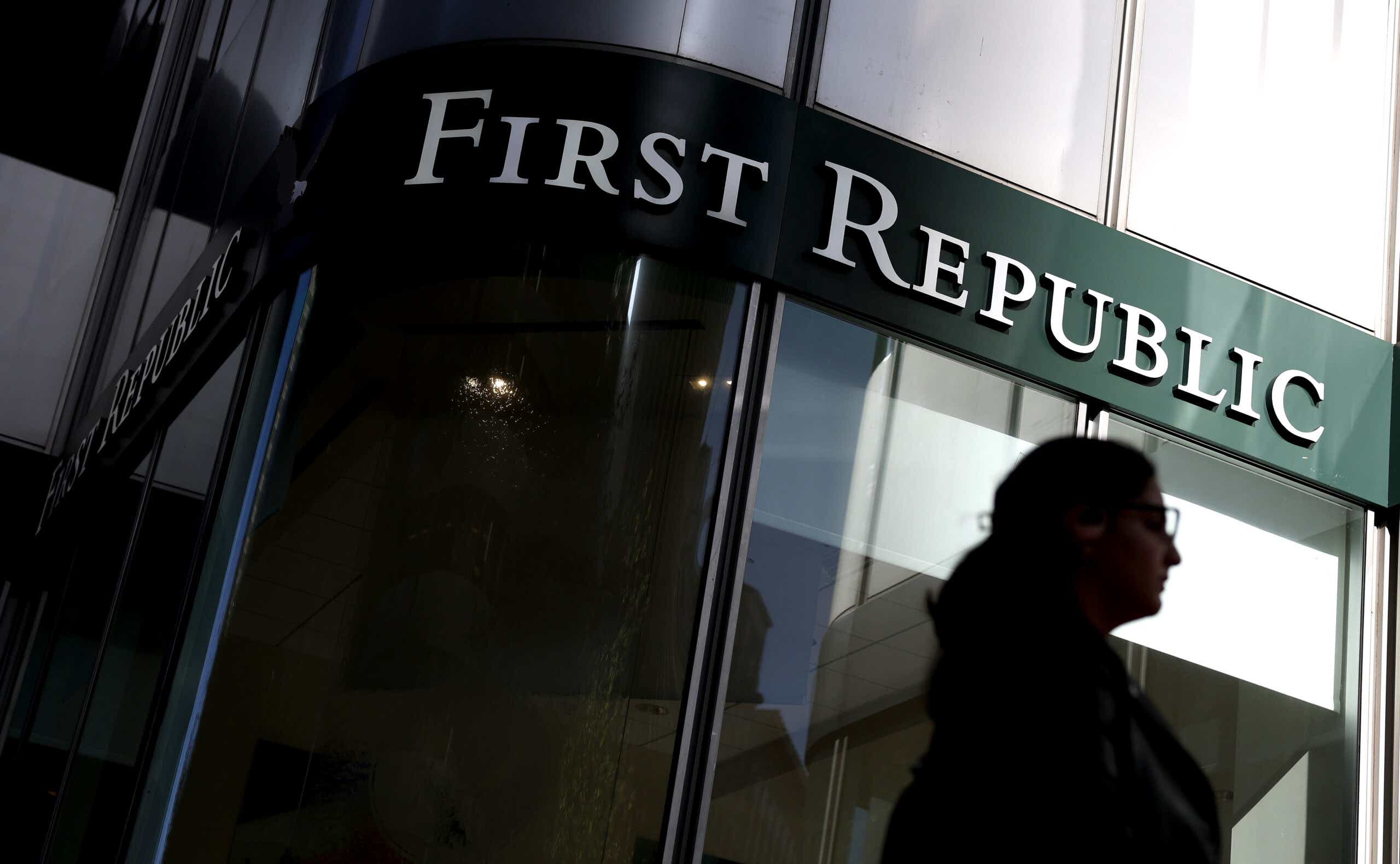First Republic was seized by regulators and sold to JPMorgan early this morning. It’s the third major U.S. bank to fail in less than two months, and with $229.1 billion in assets when it closed, it’s surpassed Silicon Valley Bank as the second-largest bank collapse in the nation’s history.
Later today, 84 branches in eight states will reopen as JPMorgan branches.
“In carrying out this transaction, JPMorgan Chase is supporting the U.S. financial system through its significant strength and execution capabilities,” the bank said in a statement.
JPMorgan has reportedly acquired “the substantial majority of assets” and taken on both the insured and uninsured deposits of First Republic Bank from the Federal Deposit Insurance Corporation (FDIC). The FDIC is an independent government agency that insures deposits and examines and supervises financial institutions for safety, soundness, and consumer protection.
Both Silicon Valley Bank and Signature Bank were taken over by the FDIC in April.
Deposits at First Republic will remain insured by the FDIC, and “customers do not need to change their banking relationship in order to retain their deposit insurance coverage up to applicable limits,” a statement from the agency said this morning. As the New York Times notes, the regulator estimates that its insurance fund would “have to pay out about $13 billion to cover First Republic’s losses.”
Jamie Dimon, JPMorgan’s chief executive, said that its acquisition of First Republic aims “to minimize costs to the Deposit Insurance Fund.”
“Our government invited us and others to step up, and we did,” he said.
Another sign of decline?
As the New York Times reports, investors and other leading players in the industry are confident that no other major lenders face imminent failure. Other big and medium-sized banks’ stock remained stable while First Republic’s tanked last week, and experts are suggesting that its collapse represents a delayed response to the economic turmoil in March, rather than the beginning of a new downward spiral.
NBC News adds that First Republic was particularly hard hit by this year’s difficult first quarter, when it lost about 70% of its deposits. Depositors began shifting their money to other, safer banks, and despite a $30 billion cash injection from 11 other banks in mid-March, First Republic kept haemhorraging clients, seeing its stock tank by more than 75% in April.









